Married Life
-

-
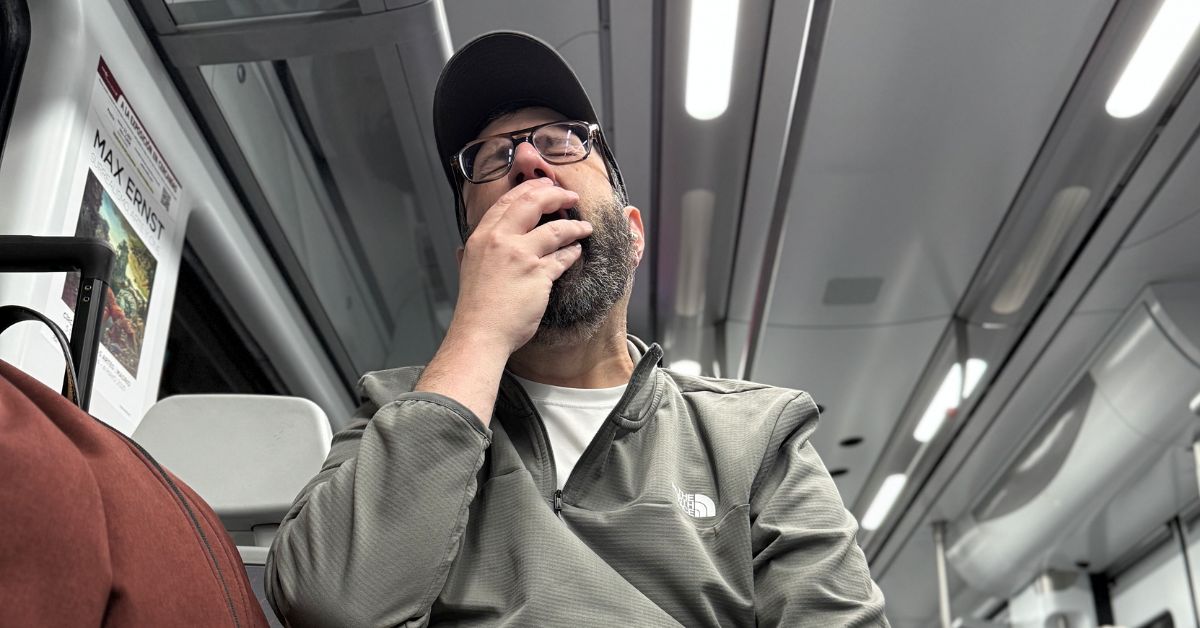
🏳️🌈 Obergefell Turns Nine. Yawn.
After a turbulent and mentally exhausting fight for marriage equality, victory feels, well, boring. That’s good.
-
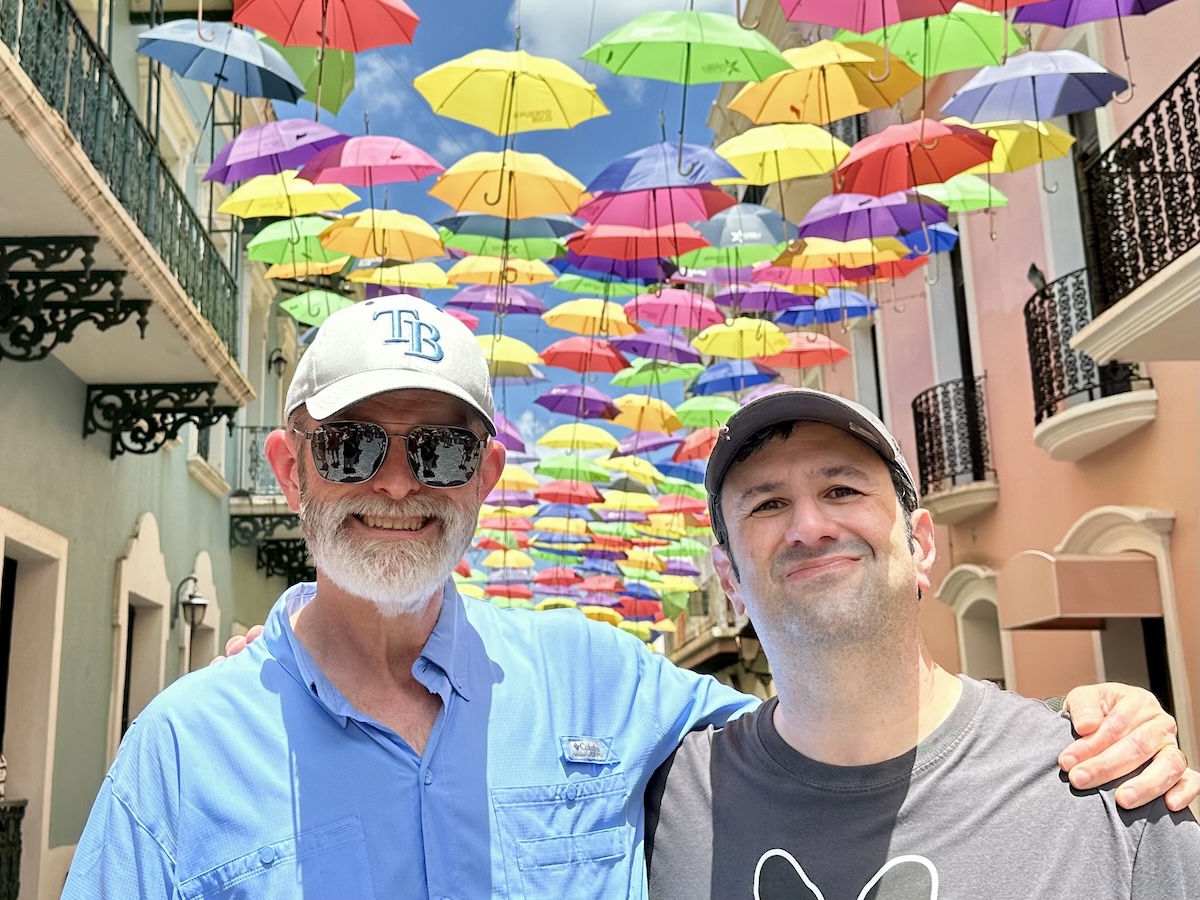
🏳️🌈 Presentando a Mi Media Naranja
What’s the best way to describe my better half in Spanish? There are two words for “husband,” and here’s why I’ll only use one of them.
-

🏳️🌈 The Big, Boring Impact of Obergefell
Yesterday was the eighth anniversary of the Obergefell v. Hodges decision, which made marriage equality the law of the United States. Looking back at the joyous media coverage in 2015, you’d think the issue was about cake, confetti, and matching tuxedos. Well, it was. But it really wasn’t. The real…
-

The Ninth Wonder of the World!
The Complimentary Spouse and I put up our Christmas tree last night, and can you guess who our favorite Disney character is? Hint: We call him Jumbo Jr., not the horrible nickname given to him by bullies.
-
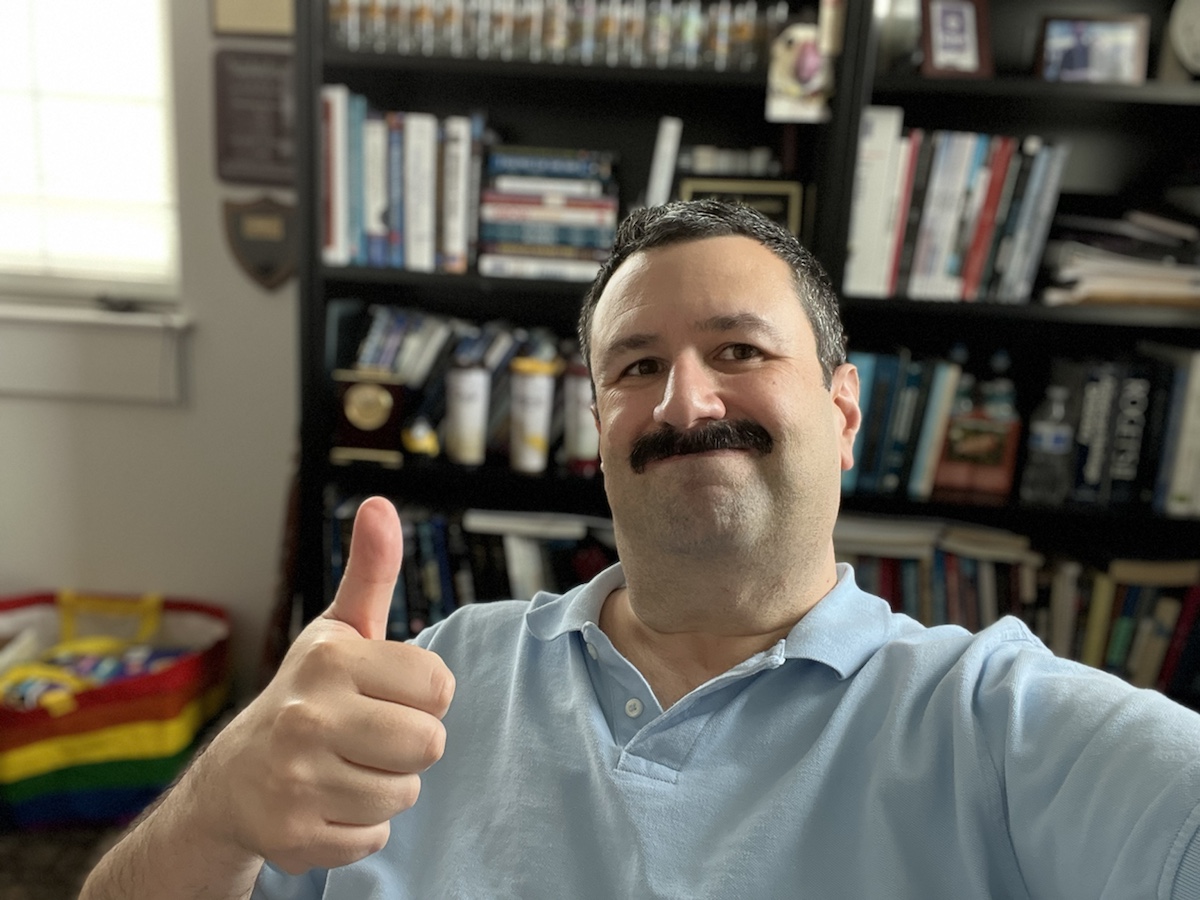
Office Space
We’re having some work done at Camp David today, so I’m camping out in the Complimentary Spouse’s office. It’s a corner office on the third floor. Look past the parking lot and you can see the campus swimming pool. That makes me wonder if Britt is contemplating a transfer from…
-
Somebody Alert Ed McMahon
Is there anything more fun than pretending you’ve misheard your other half?1 I do this all the time with the Complimentary Spouse, and he seems to enjoy it. In fact, he’s a good sport and goes along with it. I pretend to mishear him anywhere and anytime I want — even…
-
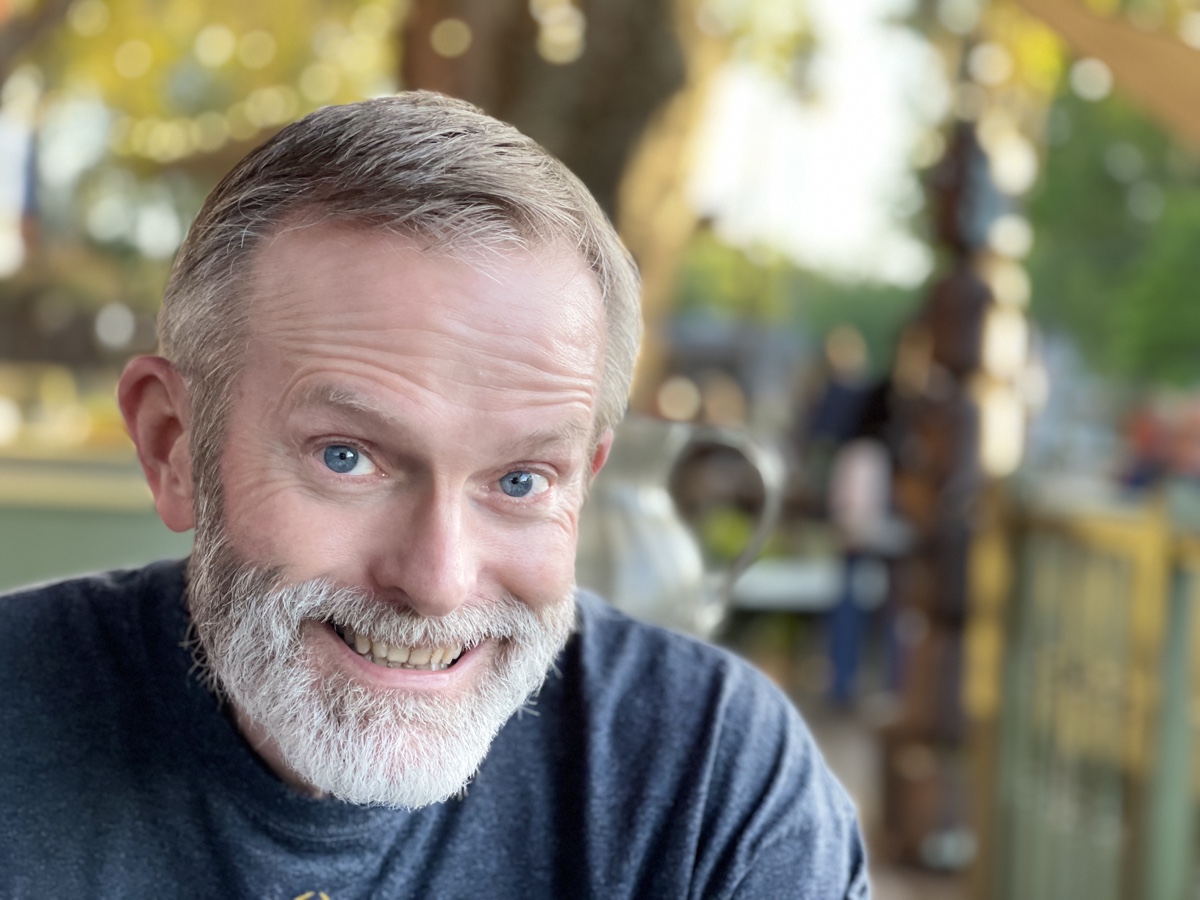
Mind Your I’s and E’s
I just realized I have accidentally called Britt the Complementary Spouse in a few recent posts. This is an error. He is the Complimentary Spouse. “But, Dave,” I can hear you say.1 “That’s incorrect grammar. Don’t you have an English degree from a Top 25 university? Who are you, Ralph…
-
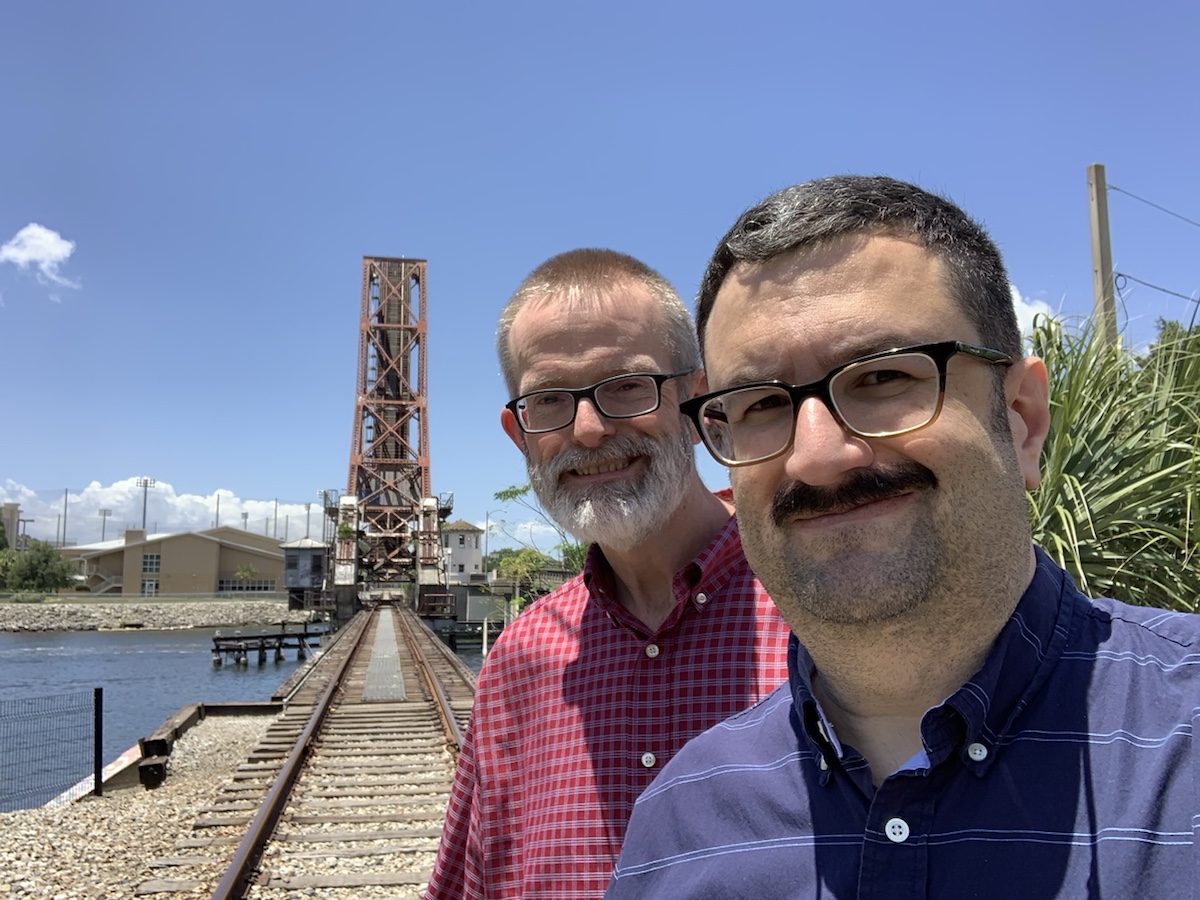
Anniversary × 2
When the Complimentary Spouse and I met on October 29, 2002, it was unimaginable that we’d be married one day. So it just seemed natural that we’d celebrate our anniversary on October 29 each year. Fast forward to 2008. All of a sudden, marriage equality is a reality. Britt and…
-
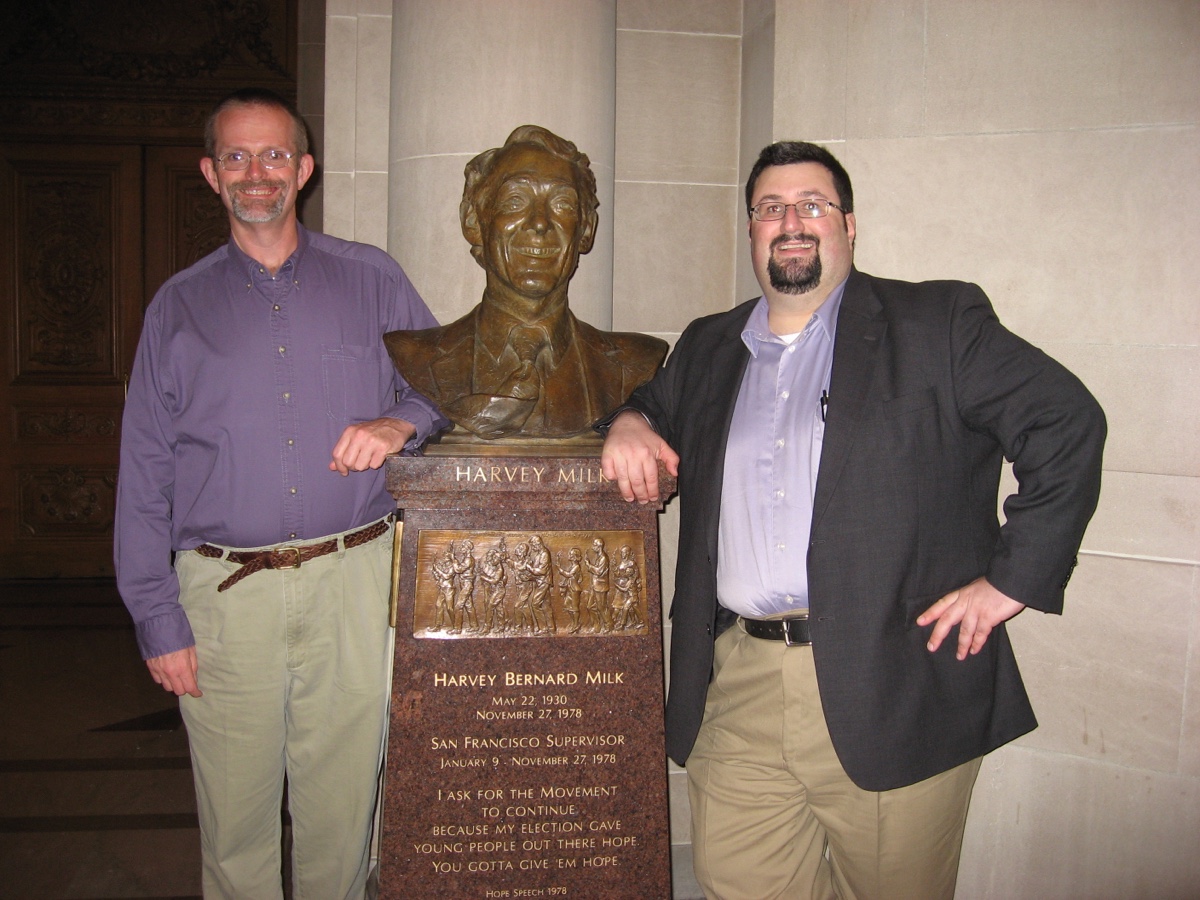
How We Tied the Knot
The Complimentary Spouse and I tend to crow about our anniversary every year, and there’s a good reason why we’re so excited about it. When we met in 2002, marriage for a same-sex couple was unimaginable. How we got from there to here is an amazing story, one that’s inextricably…